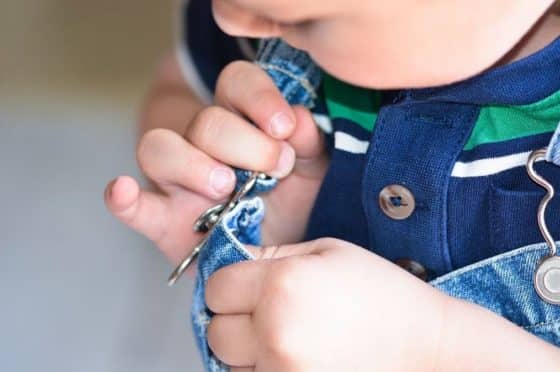A positive mindset and strong relationships are two basic components of resiliency that increase your ability to bounce back during tough times. A third helpful, but optional component is spirituality and/or cultural connection. For some people, religious practices, spiritual beliefs, and/or cultural identity can have big impact too.
Relationships are key
- Use your words
Teach your child the words they need to describe their emotions. When times are tough, your child will be better equipped to share what they are feeling. - Demonstrate caring relationships
Spend one-on-one time with your child/children. Show your child support by spending some undistracted time together. Share affection to reinforce your bond. - Model resiliency
Adults have bad days too, so make sure to share how you feel with your child. If you’re having a hard time, talk about how you plan to make things better. Whenever possible, try to share a positive outlook with your child. You could even make it a part of your bedtime routine to talk about one good thing that happened during your days. - Embrace mistakes – yours and theirs
One of the best things to learn is that no one is perfect. Learning to take responsibility is great, so demonstrate that you can admit failure and/or laugh at yourself.

Teach your child to be independent
- Resist the urge to always fix things for your child
This can be SO hard! However, when you give your child room to try, fail, and try again, they are learning to persist in the face of challenges. - Promote healthy risks
Children can only learn to be independent if you let them face challenges by themselves. Start this by allowing your child to try activities at home where you can monitor, but not hover. You know what your child can handle, so encourage them from the sidelines. - Encourage problem solving
Play together in ways that give your child that challenges your child to think about different ways to make something work. And remember, let them fail and keep trying. - Coping techniques
We all have to learn at some age that throwing a temper tantrum doesn’t help. When you see your child struggling, help them face the situation calmly. Better yet, make it into a game where a toy has a problem and your child has to help solve it. When you give your child the tools needed to cope with problems, they are better prepared to help themselves in the future.
Go outside!
- Embrace the Forest School movement
Children who spend all or part of the day outside year-round, learn to be independent while also dealing with weather, temperature, and other elemental changes. They learn to take everything in stride because you can’t appreciate the good days without getting through the bad days.
Adapted from:
https://www.psycom.net/build-resilience-children
https://www.psychologytoday.com/us/blog/creative-development/201407/the-resilient-child

